Effect - Kindergarten Science
In science, an effect refers to the result or outcome of a particular action or event. Understanding cause and effect relationships is an important part of scientific inquiry and helps children develop critical thinking skills.
Examples of Effect
- Example 1: When plants are watered, they grow.
- Example 2: When you push a toy car, it moves forward.
- Example 3: When you turn on a light switch, the room becomes bright.
Study Guide
Here are some activities and questions to help children understand the concept of effect:
- Observation: Ask children to observe and describe the effects of actions or events they encounter in their daily lives. For example, what happens when they drop a ball or mix colors together?
- Experiments: Conduct simple experiments to show cause and effect relationships. For instance, what happens when you place an ice cube in a warm room?
- Discussion: Engage children in conversations about cause and effect. Encourage them to think about why certain things happen and what causes them.
- Storytelling: Use storytelling to illustrate cause and effect. Read or tell stories that emphasize the consequences of characters' actions.
Understanding cause and effect is a fundamental concept in science and can be introduced to children through hands-on activities and real-world examples.
[Effect] Related Worksheets and Study Guides:
.◂Science Worksheets and Study Guides Kindergarten. Pushing, Moving, Pulling
Coloring Worksheet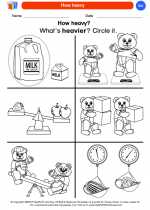 How heavy
How heavy  Coloring Worksheet
Coloring Worksheet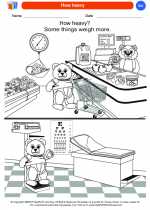 How heavy
How heavy  Coloring Worksheet
Coloring Worksheet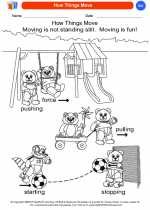 How Things Move
How Things Move  Coloring Worksheet
Coloring Worksheet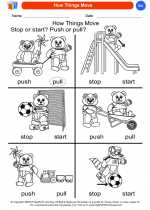 How Things Move
How Things Move  Coloring Worksheet
Coloring Worksheet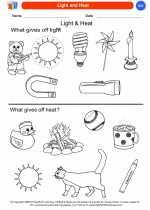 Light and Heat
Light and Heat  Coloring Worksheet
Coloring Worksheet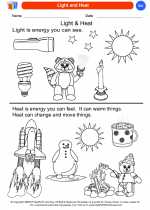 Light and Heat
Light and Heat  Coloring Worksheet
Coloring Worksheet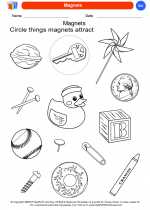 Magnets
Magnets  Coloring Worksheet
Coloring Worksheet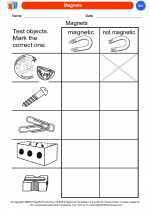 Magnets
Magnets  Coloring Worksheet
Coloring Worksheet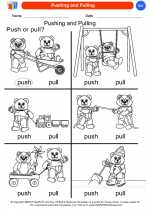 Pushing and Pulling
Pushing and Pulling  Coloring Worksheet
Coloring Worksheet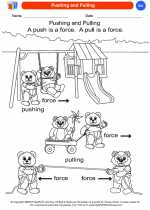 Pushing and Pulling
Pushing and Pulling  Coloring Worksheet
Coloring Worksheet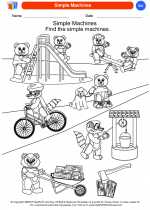 Simple Machines
Simple Machines  Coloring Worksheet
Coloring Worksheet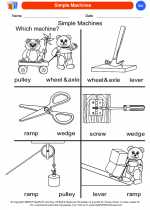 Simple Machines
Simple Machines  Coloring Worksheet
Coloring Worksheet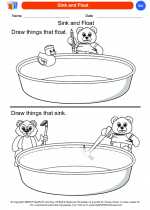 Sink and Float
Sink and Float  Coloring Worksheet
Coloring Worksheet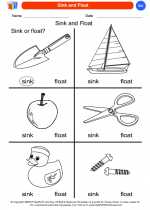 Sink and Float
Sink and Float  Coloring Worksheet
Coloring Worksheet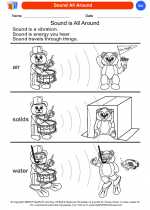 Sound All Around
Sound All Around  Coloring Worksheet
Coloring Worksheet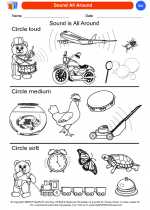 Sound All Around
Sound All Around  Coloring Worksheet
Coloring Worksheet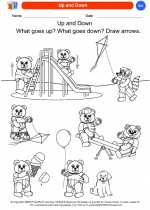 Up and Down
Up and Down  Coloring Worksheet
Coloring Worksheet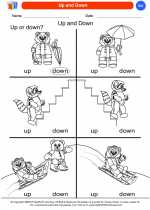 Up and Down
Up and Down  Coloring Worksheet
Coloring Worksheet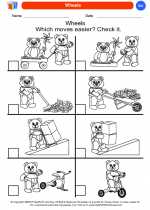 Wheels
Wheels  Coloring Worksheet
Coloring Worksheet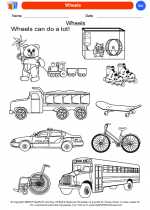 Wheels
Wheels 

 Coloring Worksheet
Coloring Worksheet
 Coloring Worksheet
Coloring Worksheet
 Coloring Worksheet
Coloring Worksheet
 Coloring Worksheet
Coloring Worksheet
 Coloring Worksheet
Coloring Worksheet
 Coloring Worksheet
Coloring Worksheet
 Coloring Worksheet
Coloring Worksheet
 Coloring Worksheet
Coloring Worksheet
 Coloring Worksheet
Coloring Worksheet
 Coloring Worksheet
Coloring Worksheet
 Coloring Worksheet
Coloring Worksheet
 Coloring Worksheet
Coloring Worksheet
 Coloring Worksheet
Coloring Worksheet
 Coloring Worksheet
Coloring Worksheet
 Coloring Worksheet
Coloring Worksheet
 Coloring Worksheet
Coloring Worksheet
 Coloring Worksheet
Coloring Worksheet
 Coloring Worksheet
Coloring Worksheet
 Coloring Worksheet
Coloring Worksheet
